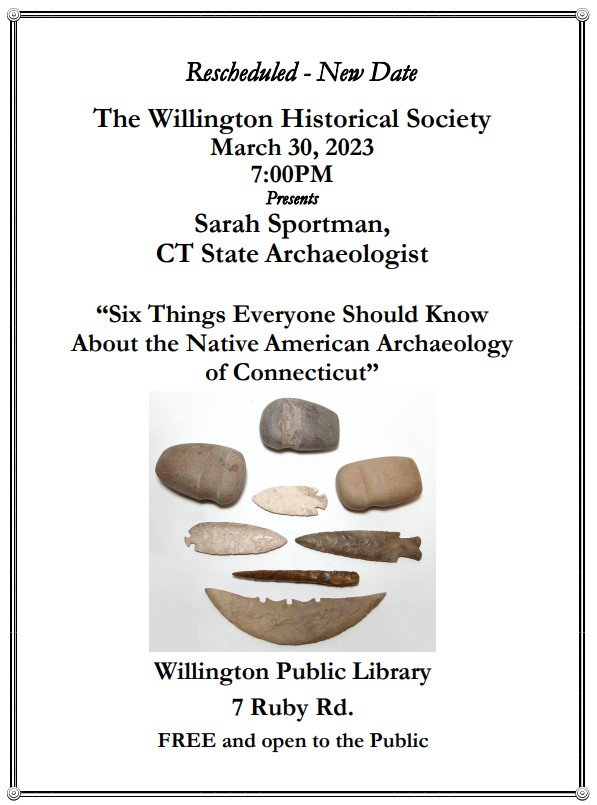Archaeology at the 17th-Century Hollister Site, Glastonbury, Connecticut
Since 2015, the Office of State Archaeology has been conducting research excavations at the Lt. John Hollister Site, a large, well-preserved 17th-century farm complex on the Connecticut River in Glastonbury. The work was initiated by the late State Archaeologist Brian Jones as a public archaeology project and continues today. Using a combination of remote sensing techniques and archaeological survey and excavation, the buried remains of houses, outbuildings, and numerous other cultural features have been identified. When first established around 1650, the Hollister Site was on the Connecticut frontier, in an area where the wealthy residents of Wethersfield owned large farms that were often managed by tenants. The Hollister site tells the stories of two families: the Gilberts, who were tenant farmers (1651-1663) and the Hollisters, who eventually settled on the property and operated it as a prosperous farm in the latter part of the 17th century (1667-1710). Archaeological materials recovered and analyzed to date help us understand the daily lives of these families who were among Connecticut’s earliest European settlers. The materials shed light on their food, labor, material possessions, and their multifaceted relationships with their Indigenous neighbors. Continuing research at the site will help to clarify the complex social, political, and economic worlds of 17th-century Connecticut.
Join us at the Willington Public Library at 7 Ruby Road, Willington for this engrossing presentation. The event is free and light refreshments will be served.









